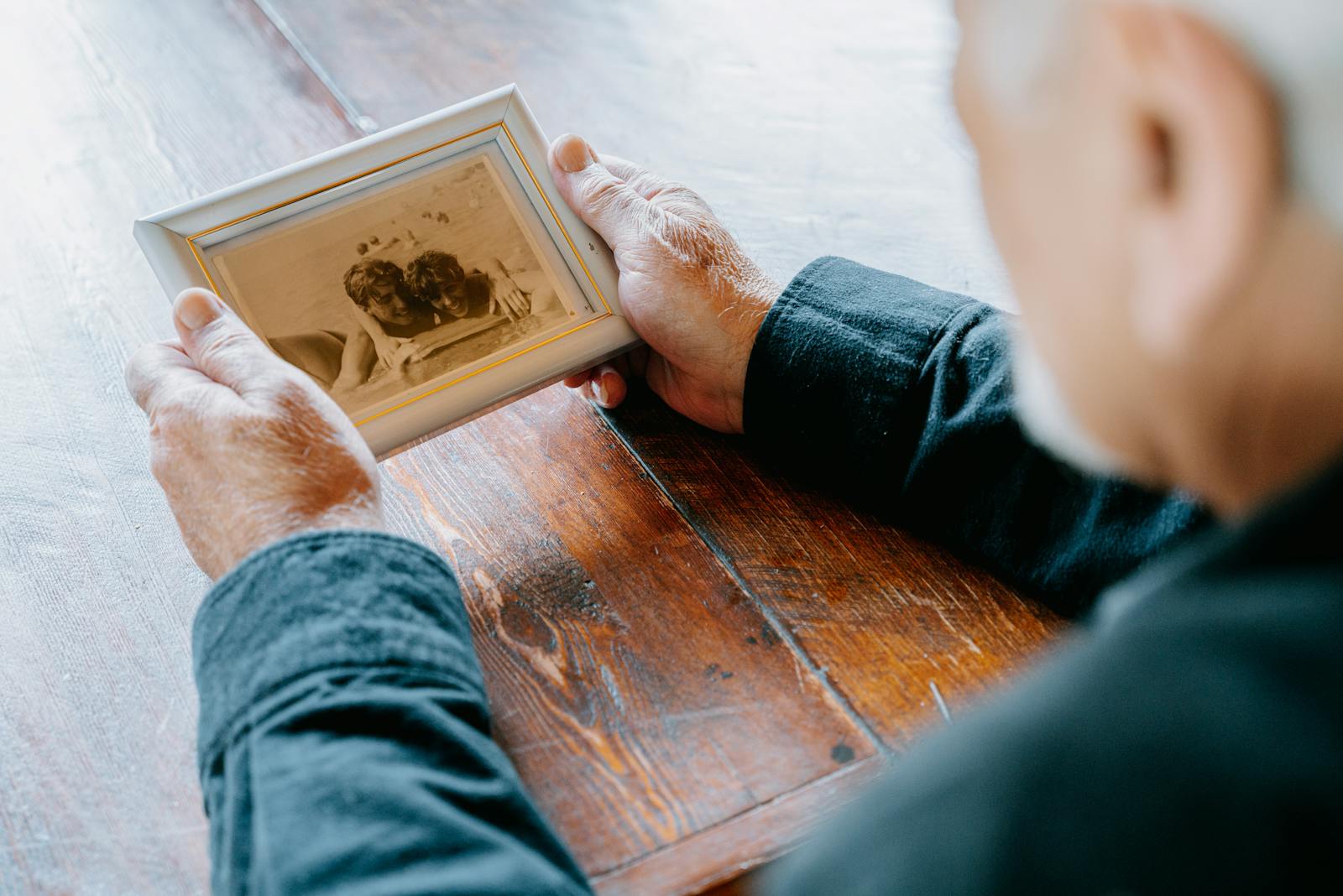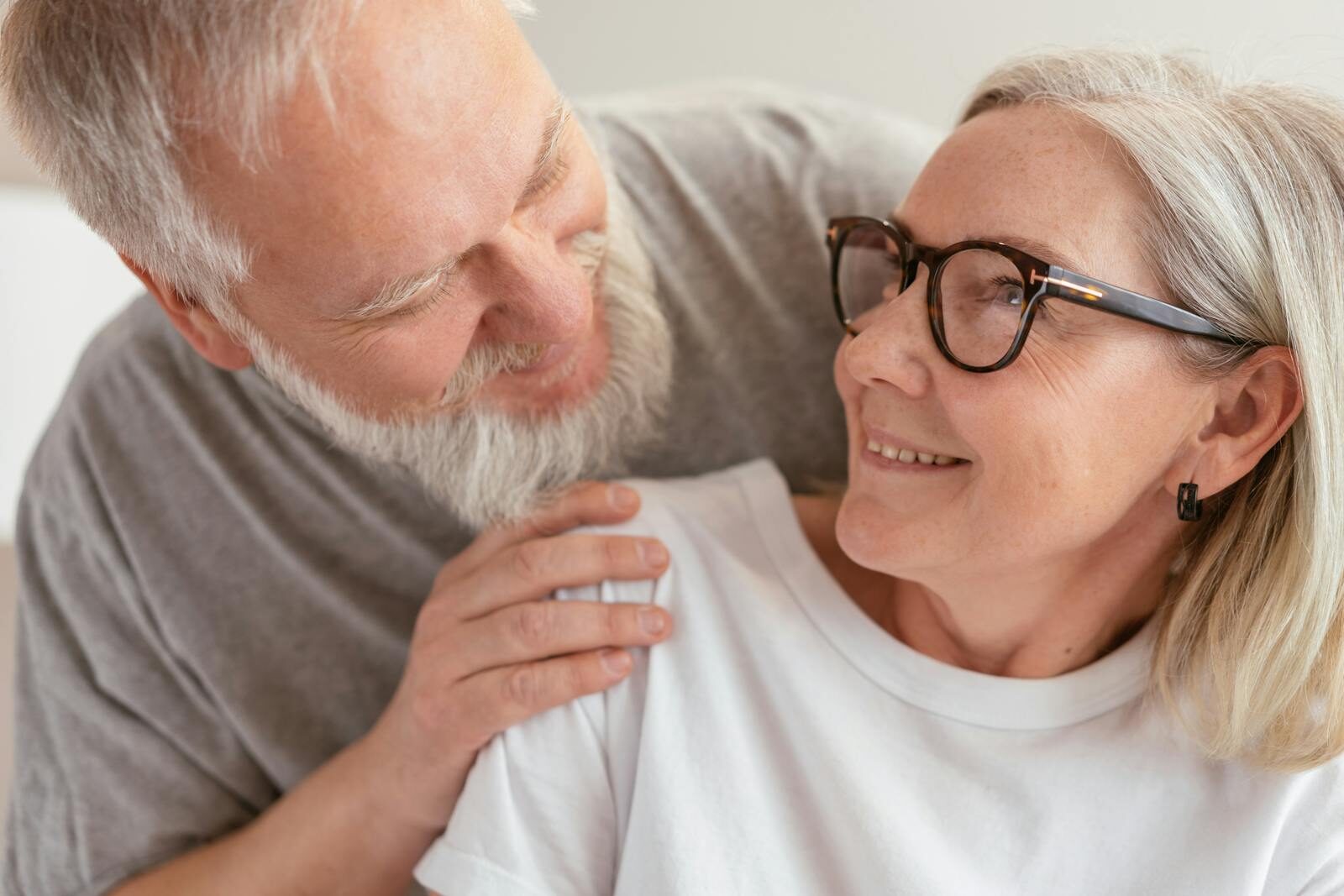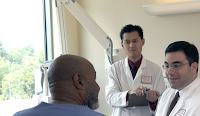
Alzheimer’s, Art & Medical Students
Medical students often learn the technical facts of Alzheimer’s without learning about the people. Find out how a new program helps medical students better understand people with dementia — at the art museum.

Medical students often learn the technical facts of Alzheimer’s without learning about the people. Find out how a new program helps medical students better understand people with dementia — at the art museum.

There’s fresh hope for people with Alzheimer’s in a new music program. It’s called, “B-Sharp”. See why.
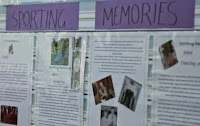
See how Sporting Memories Network promotes the well-being of people living with dementia with projects that tap into their prior passion for sports.

See how a pioneer ‘buddy’ program at Northwestern University pairs medical students with Alzheimer’s patients. Watch now.

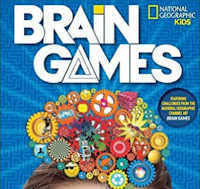
HEALTH VIDEO + ARTICLE: BRAIN EXERCISE can cut the risk of Alzheimer’s, according to research. See how. Find out about three ways to lower your

MAYO CLINIC VIDEO: Do brain games help those living with Alzheimer’s disease? Dr. Ronald Petersen, director of Mayo Clinic’s Alzheimer’s Disease Research Center says engaging
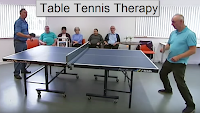
VIDEO: Table tennis is a helpful activity for people with Alzheimer’s. See how it combines physical activity with brain exercise, spatial skills and staying social.
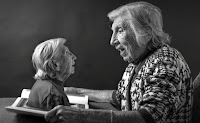
TED VIDEO: Artist Tony Luciani was testing out a new camera when his 91-year-old mother with dementia, Elia, snuck into the background of his photos.
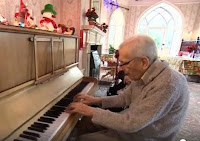
VIDEO: A 93-year-old jazz pianist suffering from dementia and depression was given a new lease of life when his care home discovered his talent.

Too much sleep and too little sleep can contribute to cognitive decline, researchers report. Learn more.

New early-onset Alzheimer’s data show that lecanemab can slow functional decline—even while tau continues to spread in the brain. The research helps explain how amyloid-lowering treatments may still preserve daily life, despite the disease’s complexity.
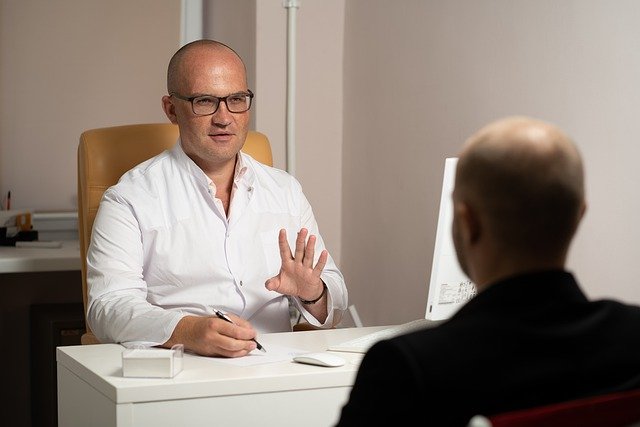
People with dementia who were consistently seen by the same General Practitioner (GP) are given fewer medicines and are less likely to be given medicines that can cause problems, according to researchers at University of Exeter. Learn more.

People worry about becoming forgetful. Is it the first sign of Alzheimer’s or just the passing years? After all, forgetfulness is a normal part of aging. Check out these quick ways to tell the difference.

Researchers found in a study that people who developed dementia were more likely to have their credit rating drop at least two and a half years before the diagnosis. Some had problems managing their money up to six years before. Find out more.

Scientists say restoring a brain protein, not removing amyloid plaques, should be the target of Alzheimer’s dementia therapies. The researchers said treatment might lie in normalizing the levels of a specific brain protein.

Dietary iron is an essential element in the brain. That’s why it is critical to understand how it affects Alzheimer’s. Researchers used advanced X-ray techniques to take a giant step forward in understanding iron chemistry in amyloid plaque, the main culprit behind Alzheimer’s. Learn more about their exciting new insights.
No spam, only news and updates.
